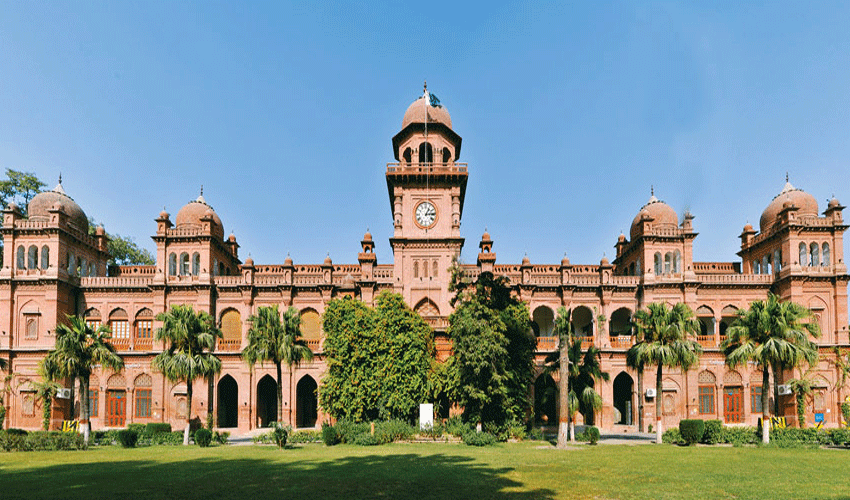Karachi, Pakistan’s largest city, is grappling with a severe water crisis as the holy month of Ramadan begins. Despite the completion of pipeline repair work, water supply remains disrupted in major parts of the city, leaving residents in distress.
The crisis has paved the way for the tanker mafia to exploit the situation, selling water at exorbitant prices.
According to reports, residents of East, Central, and South districts have been struggling with water shortages for the past ten days. The Karachi Water and Sewerage Corporation (KWSC) had announced a temporary suspension of water supply for repair work before Ramadan, but four days after its completion, the supply has not been restored. Frustrated citizens are left with no choice but to rely on private water tankers, which have significantly increased their rates.
Tanker mafia’s grip
Karachi has long suffered from a water crisis, exacerbated by mismanagement, population growth, and crumbling infrastructure.
The city requires over 1.1 billion gallons of water daily, but the supply falls significantly short. The gap has allowed the tanker mafia to thrive, controlling water distribution and charging residents exorbitant prices.
Over the years, the tanker mafia has deepened its influence, allegedly operating with political backing and exploiting Karachi’s water scarcity. Many residents accuse authorities of deliberately restricting supply to create demand for private tankers, turning water—an essential necessity—into a lucrative black market commodity.



























